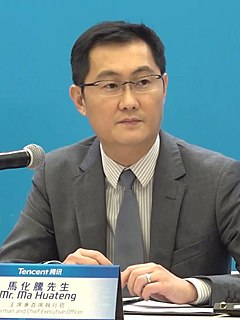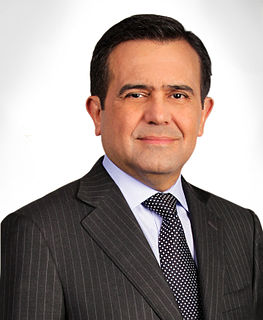A Quote by David Gauke
Leaving the European Union is likely to have an impact on the workforce in sectors such as catering, construction and agriculture. I see an opportunity here for both prisoners and employers, particularly those operating in these sectors.
Related Quotes
The vast majority of Americans are employed in service sector industries, and many of those sectors are highly internationalized. The most high-value added sectors, notably the tech sector, is massively globalized. And, for them, it would be a disaster if America's trade policy was to go down a spiraling route towards protectionism.

































